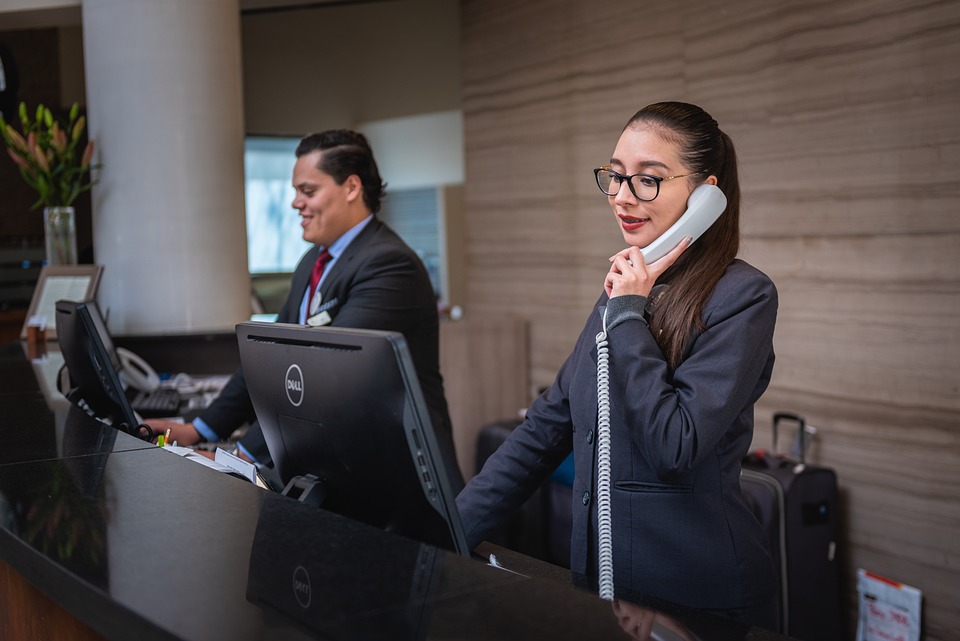As a business owner, you receive numerous phone calls at the workplace. You’re not always in the office, though. You’re meeting clients, attending events, and running errands with the children. So what do you do if an important call comes in on your company’s phone system while you’re not there to take it?
Believe it or not, there are many options for business owners who find themselves in this position. Most offices have a landline, and most company executives and managers use cell phones. These two technologies can easily collaborate to build a seamless system that reaches you no matter where you are.
It may seem old-fashioned to have a landline at home these days. Americans are increasingly choosing wireless-only in their homes, and the trend toward landline-free residences shows no indication of abating. You probably guessed that most people who continue to use landlines at home are from an older generation. They’re also typically empty nesters. However, a significant number of boomerang children — those who moved back home after completing college — still reside in houses with landlines.

Keeping Up With Technology
However, the workplace has been slower to adapt than other sectors. The majority of businesses still maintain a fixed phone or voice system as well as a separate phone number for that purpose. For a variety of reasons, corporations opt to do so. One major concern is call quality, especially for firms that utilize three-way calling or conduct significant meetings over the phone. Marketability is another key deciding factor.
When a company’s primary communications are conducted over cell phones, customers are inclined to lump them together with large businesses or stereotype them as computer geeks. It can be uncomfortable if neither of those categories fits you. Finally, some firms prefer the security and privacy offered by a landline phone.
Landlines might be the ideal phone system for a small company for these and other reasons. When you’re on the road, landlines can be problematic. You probably spend a lot of time away from the office and out of touch with your phone if you’re a one-person business, run a virtual team, or attend many in-person meetings. As a result, your calls should be forwarded to your cell phone.

A Receptionist Can Forward the Calls By Hand
When you’re out of the office, they can take calls directly. A full-time receptionist is able to answer your office phone and forward messages
Use the Star Code Option
A star code allows you to send calls from a landline to a cell phone automatically. A particular code, such as *72, activates a call forwarding function that connects the caller with the number you specified. If you need to, you can even turn on call forwarding remotely.
Use a Virtual Phone System
What is a virtual phone system, and how does it work? It’s a cloud-based telecommunications solution that lets you communicate with anyone from anywhere using only your personal computer or mobile device.



